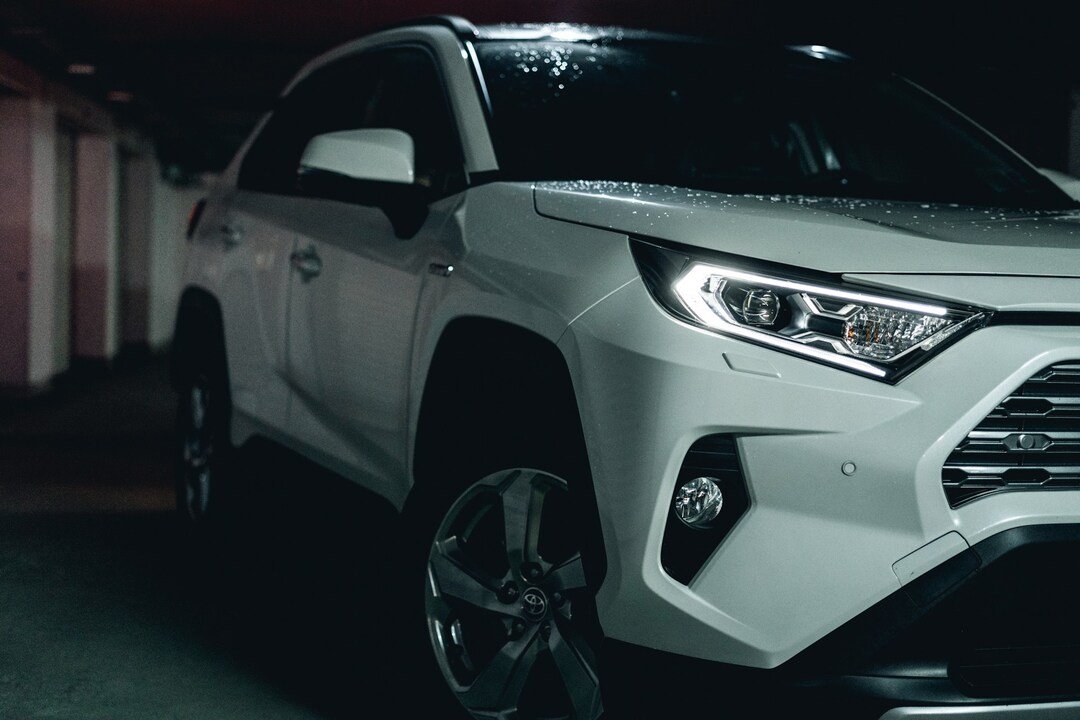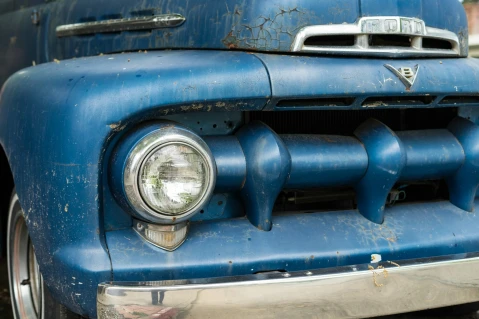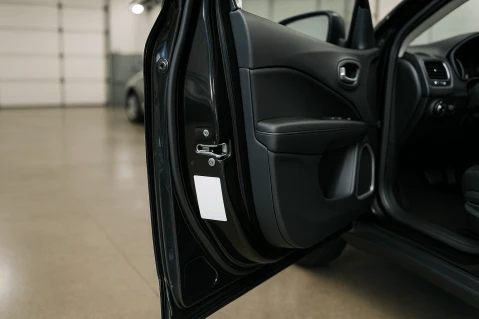On average, a new car in the US costs about $30,000, making it the second-largest investment for most people, only behind a home. Meanwhile, a used car averages around $22,000. Because of the price difference, many people wonder if it’s better to buy a used car.
Either one can be a sound investment. There are pros and cons to both and it’s very important to weigh them carefully considering your individual situation. Let’s take a look at the major advantages and disadvantages of buying a new car or a used car.
Advantages of Buying a New Car
Buying a new car definitely comes with its advantages. For one, low financing rates are usually offered. This decreases the amount of money you need to pay over the loan, potentially saving a lot of money.
In addition, a lot of manufacturers and sellers offer incentives on new car prices. You may be able to get cash rebates or zero-percent financing.
Many new cars come with a warranty. But, most new cars don’t need repairs during the first few years. This means you don’t have to worry about huge unexpected costs popping up. Instead, you only need to focus on paying for routine maintenance.
A newer car also means newer technology and features. As new features become available it makes it easier to get better gas mileage, lower emissions, and newer safety and comfort features included in your car.
Finally, the new car search may be easier than a used car search. You can usually choose what you want, including features and color. Plus, you can usually assume it’s in perfect mechanical condition. This makes knowing the value easier for negotiations.
Disadvantages of Buying a New Car
The most noticeable disadvantage of purchasing a new car is the depreciation that happens immediately. As soon as you drive it off the lot, the value of a new car immediately plummets. This value decreases the most in the first 2-3 years.
This depreciation can really add up. In fact, a good rule of thumb is that a car depreciates up to 20% of its value once you leave with it. Plus, it’s money you won’t recover if you ever resell it.
Sometimes, brand new models may feature different engines or designs than were previously found in the model. Sometimes these are beneficial. However, sometimes they come with problems that the manufacturer hasn’t quite worked out yet.
Advantages of Buying a Used Car

On the other hand, you don’t need to worry about the initial depreciation on a pre-owned car; someone else already took that loss. This also means your initial purchase price will be potentially thousands lower than a comparable new car.
Good financing options are usually still available on used cars. You may even save money, even compared to a zero-interest loan on a new car. This is due in large part to not dealing with the depreciation loss.
Due to the lower price, you may be able to afford a nicer car. You’ll have the option to choose the nicer features or even a higher-class car while still sticking to your budget.
If you eventually sell the car, you may be able to recover more of the purchase price. For instance, if you buy a 3-year-old car and sell it a few years later, chances are the price won’t have dropped a ton. Used car values tend to be more stable over time.
This lower price also means it’s much easier to be able to afford a car in general. You may be able to save money early on and pay cash for the car. This can save you a lot of money on financing.
Used cars have been on the road for a little bit, meaning it’s easier to see how the model has been performing. You can check reviews and reports to see how a model you are interested in has done.
Newer used cars are lasting much longer and with fewer repairs needed compared to older used cars. Some may still have a warranty attached. Many used car dealers offer extended warranties for an additional cost.
Depending on the age of the car, you may not even need to perform major repairs until later on. Some models are fine until they start pushing 100,000 miles or 10 years.
Insurance rates are usually lower on used cars compared to new ones, depending on the model. This can be a huge savings if you are facing higher rates due to young age.
Disadvantages of Buying a Used Car
A pre-owned car may not be as reliable as a new car. You may need to perform some repairs in order to keep it running safely since it’s already had its fair share of wear and tear. It can also sometimes be more difficult to find used car parts to complete repairs.
Certified pre-owned cars are inspected by trained mechanics. Buying a certified pre-owned car can give you some extra peace of mind. Even if you think you may not need to deal with repairs, you should set aside money just in case.
Another disadvantage of buying a used car is that you will probably have to compromise on something. You may not be able to get the model you want with good history and mileage in the color you want. It helps to be flexible and patient during a used car search.
Used Car vs New Car
You should be able to pay off your car within 3 years of purchase. If you begin looking into how to buy a new car but discover it will take more than 3 years to pay off, you may want to adjust your budget or look into used cars.
Be sure to research the models and specific cars you are interested in. Check reviews and have a mechanic look at it, especially if it’s a used car. You should also check the car’s history to see if there were any accidents, safety recalls, and for an odometer check.
Start Your Search
Both new and used cars have their advantages and disadvantages. It’s up to you to decide which is the better option for your unique situation. Once you begin your search for a used car, be sure to check out the car’s history using EPICVIN.







